on
BY SIMONE J. SMITH
“When it comes to the greater good, your privacy is null and void.”
This quote is going to hold significance as you read through this article. Last Friday, on my show “A Better Tomorrow,” I came across a news story on Thursday evening with the title, “UK Residents to Wear a RFID Microchip under their Skin from January 1, 2021.”
I was interested, so I began to dig deeper into the story. By Friday morning, there were three to four articles discussing the idea, and I proceeded in bringing the information to the public. By Sunday, afternoon, there were eight to nine different articles debunking the story as a myth. As I researched, I also noted that some of the articles that had originally been posted had been taken down.
I found this peculiar and disheartening because this week’s cover story was built around this story. I stepped back from it all, and then began my research again. Being in the media has taught me the importance of objectivity, and to take my time presenting information that may shock or incite emotions.
Let’s take a step back for a moment, and revisit two movies that now seem way before their time; or were they.
The Manchurian Candidate (2004)
This update to the original movie stars Denzel Washington, who plays Captain Ben Marco. He suffers extreme trauma during his time in the first Gulf War, and when he returns home, life for him is never the same. He is haunted by dreams of what did happen, or what didn’t happen during the war. As Marco investigates, he discovers an implant in his back. After having the implant analysed, Marco realizes that it is a Nano technological experiment connected with Manchurian Global, a powerful private equity firm with major political connections.
Enemy of the State (1998)
This movie stars Will Smith as a Washington, D.C., lawyer whose life is dismantled bit by bit because he possesses proof that a congressman was murdered for opposing a bill that would make government snooping easier. For some reason, in 1998, they are already talking about “the surveillance society,” an America in which underground computers at Fort Meade monitor our phone calls for trigger words like “bomb,” “president” and “Allah.”
I shine a light on these movies because long before COVID-19, talks about our privacy being infringed was already a discussion, and most recently, this rhetoric is being revisited, but this time it is being discussed in the terms of public safety.
“What rights do you give up, when it comes to public health safety?”
I was introduced to a video where a young American woman was sharing her experience with getting her contact-tracing certificate. In the video, certain words stuck out to me: TESTING, TRACING, AND TREATMENT. It was for these reasons that contact tracing has taken precedence in the fight against COVID-19.
Well, what is contact tracing? This is technology that will allow health officials to notify you if you get a test that is positive for COVID-19. Most COVID-19 contact-tracing apps use Bluetooth signal strength to infer distance between smartphones and define exposure status based on distance from, and duration of proximity to, an individual subsequently identified as infected. Some of these apps have already been released in Alberta, Australia and Singapore using a framework developed by Singapore’s Government Technology Agency.
Once you have been told that you are at risk of having COVID-19, you are forwarded to a tracer, and that tracer will do some research on you, and give you a call. They will tell you that you need to be isolated for a minimum of 10 days. You will have to show visible evidence that you are isolated, meaning that no one can be in the place you are staying.
If you are quarantined, you must be by yourself for 14 days. A contact tracer will provide you with any social services needed. This means you can’t go shopping, and in some cases, they will even remove children from your home. You can’t be in contact with anyone, even if you are totally healthy.
The trained contact tracer will ask you questions like, “Whom did you come in contact with.” They will instruct you to look at your phone and open your social media so they can see who you have been around.
You can keep getting quarantined again, and again, and again
She also introduced a Voluntary Quarantine Form, and in the form, they state that if you do not comply with the request, they may use a detention order, enforced by the police. I found this odd, because if the form is supposed to be voluntary, why is it being enforced?
In America, there is now widespread sharing of information between law enforcement and medical practitioners, all because of COVID-19. It has come to the point where businesses will be taking your information in case, they must contact you if someone was infected. Why? Well so you can quarantine, even if you did not contract COVID-19.
America appears to be following China and Korea, who have a centralized data system, and people are tracked using GPS. In India, they released a contact tracing app that they say is voluntary, and citizens were told that they did not need to download. Only issue, if you want to go anywhere (travel, work, stores, train), you must show the app, showing that you are not infected. This means that you can’t do anything unless you have this app. Aarogya Setu, which means “bridge to health” in Sanskrit – was launched just nine weeks ago. In New Zealand, you must scan your QR code to do anything.
What does this all mean? It means that the nations are able to enforce contact tracing without military, or police presence.
Now let’s return to that microchip piece. In an interview with Jay Walker, CEO of Apiject Systems, CBN news highlighted the company, which is now in a $138 million public-private partnership with the White House for a project called Project Jumpstart. They are currently innovating a way to deliver millions of vaccines to Americans using eye drop technology, and potentially using RFID chips on a voluntary basis to track vaccine use. This will all be to aid public health officials in case there are future outbreaks.
In his interview Jay stated that the technology has the capability to utilize RFID chips that are connected to the dosage amount. He claims that there is no personal information on the chip, just information on the dosage. It is for health officials to analyse where a vaccine is most needed in an area. The US has not decided if they want to turn on that technology as of yet. In some states, they are actually stating that if you refuse vaccination, they can bring you to your doctor, and plunge a need in your arm. Their words, not mine.
CBS This Morning did a story “Technology Implants; Microchip could improve lives but cost our privacy.” The story shone light on some compelling facts. One being that every time you use the chip, it leaves a digital footprint, which can cost you your privacy. Although some businesses in Sweden have implemented the use of microchips, it is hard not to be weary of a non-stop, potential connection to your body that cannot be turned off. “It is very easy to hack a chip implant,” the interviewed bio hacker warned, “Do not put too much personal information on this chip.”
Mr Bill Gates was back in the news a few weeks back when he mentioned the possibility of having a “digital certificate” for health records “eventually,” but he did not say these certificates would be “microchip implants.”
When asked about the claim, the Bill and Melinda Gates Foundation told Reuters, “The reference to ‘digital certificates’ relates to efforts to create an open source digital platform with the goal of expanding access to safe, home-based testing.” A Digital certificate is further described as an “electronic document” used to identify an individual and associate the identity with a public key. Like a driver’s license or a passport, it provides proof of a person’s identity.
Let’s take this a step further. The Greater Game India did an article titled “COVI PASS – UK Introduces Biometric RFID Enabled Coronavirus Digital Health Passports. The article reports on the UK government’s preparation for the rollout of COVI PASS – Biometric RFID enabled Coronavirus Digital Health Passports to monitor nearly every aspect of citizens’ lives in the name of strengthening public health management. The COVI-PASS website bills this piece of technology as “the World’s most secure Digital Health Passport.”
Exposed in this article is also a plan to chip the human race through the digital identification program ID2020, which was exposed in the Italian parliament by Sara Cunial, the Member of Parliament for Rome.
As countries continue to implement digital tracing technology, privacy and surveillance experts have shown their hesitance, warning that any digital data collection should include a sunset clause, which means that there is a specific date that data will no longer be collected. Also, the data collected must only be in relation to the coronavirus pandemic and must be deleted when it is no longer needed.
Now, what does this have to do with us, the great people of Ontario Canada?
Well, the Ontario government has launched a new contact tracing strategy that will help prepare for a potential second wave of Covid-19 this fall.
How are they going to do this? Part of the strategy includes a mobile app that will use Bluetooth technology to notify other users if they have come in contact with someone who tested positive for the novel coronavirus. It will also allow users to contact their local public health unit by using a form through the app.
Last Thursday, Prime Minister Justin Trudeau informed Ontarians that we would be the first province to test the tool. The use of the app is completely voluntary, and eventually, it will be implemented nationwide. Prime Minister Trudeau is encouraging Canadians to download this app on their cell phones.
“It will be up to individual Canadians to decide whether to download the app or not, but the app will be most effective when as many people as possible have it.”
The app will be available to download on July 2nd, 2020, and officials have stressed that the mobile app will not collect personal data or health information from its users.
There is more to come, and I hope that our community will continue to do their research. Change is coming, whether we like it or not.
References
CBS This Morning, April 12th, 2017
Technology Implants: Microchip could improve lives but cost our privacy.
https://www.cbsnews.com/video/microchip-implants-could-improve-lives-but-cost-privacy/#x
Greater Game India, May 27, 2020
COVI PASS – UK Introduces Biometric RFID Enabled Coronavirus Digital Health Passports
https://greatgameindia.com/covi-pass-biometric-rfid-enabled-coronavirus-digital-health-passports/
RFID Chip may be tied to the new Coronavirus Vaccine
https://www.youtube.com/watch?v=mhcjlddfO7U
Stay in the loop with exclusive news, stories, and insights—delivered straight to your inbox. No fluff, just real content that matters. Sign up today!
We, as humans are guaranteed certain things in life: stressors, taxes, bills and death are the first thoughts that pop to mind. It is not uncommon that many people find a hard time dealing with these daily life stressors, and at times will find themselves losing control over their lives. Simone Jennifer Smith’s great passion is using the gifts that have been given to her, to help educate her clients on how to live meaningful lives. The Hear to Help Team consists of powerfully motivated individuals, who like Simone, see that there is a need in this world; a need for real connection. As the founder and Director of Hear 2 Help, Simone leads a team that goes out into the community day to day, servicing families with their educational, legal and mental health needs.Her dedication shows in her Toronto Caribbean newspaper articles, and in her role as a host on the TCN TV Network.




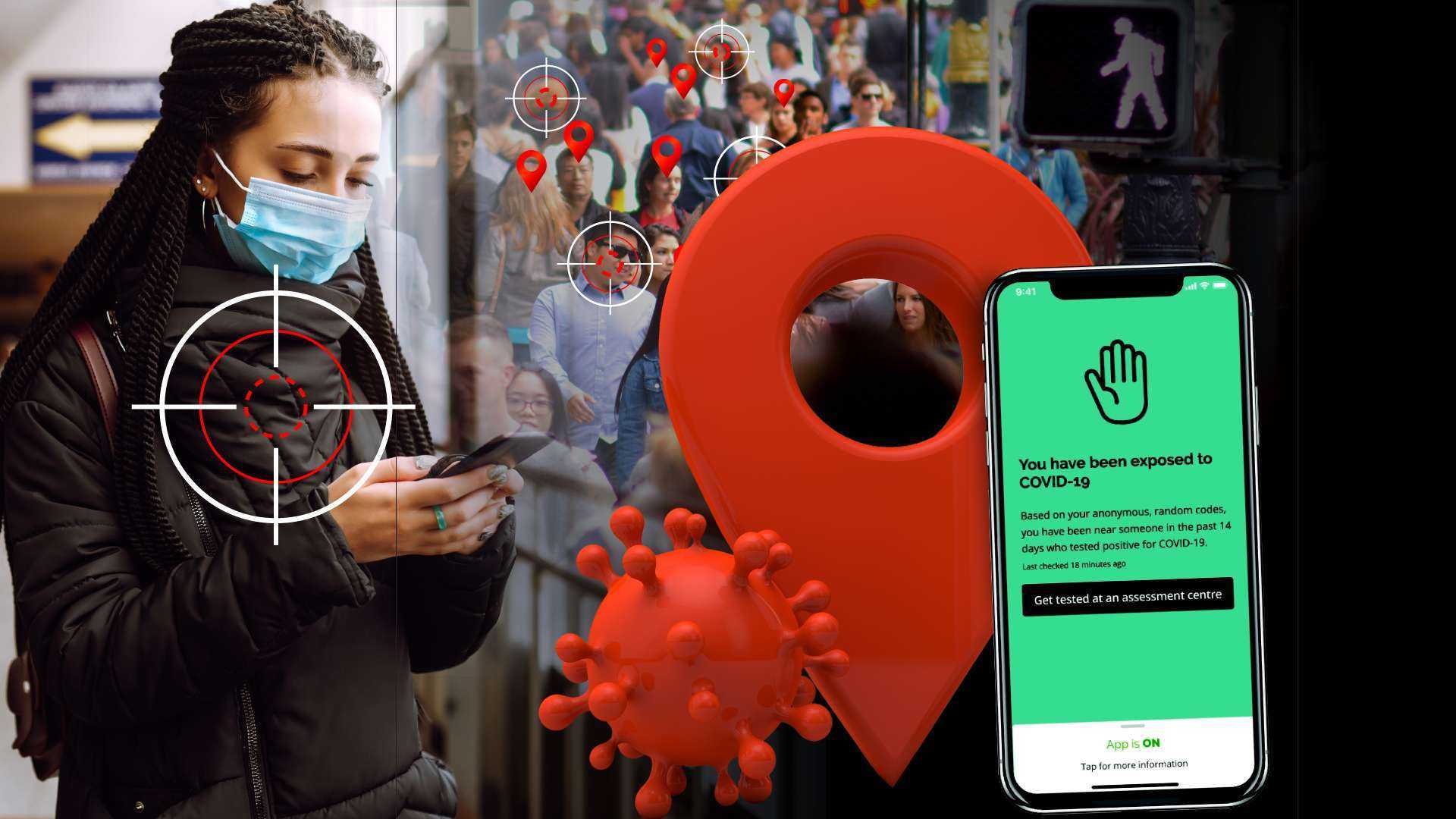
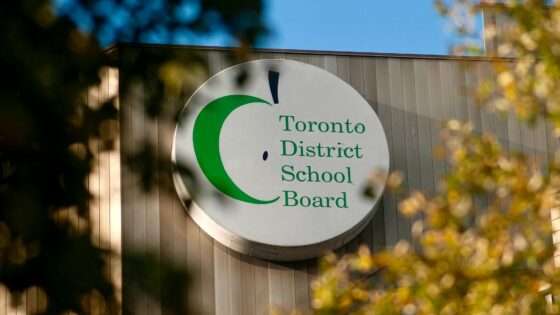

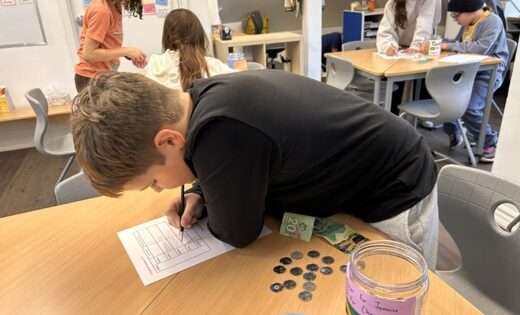

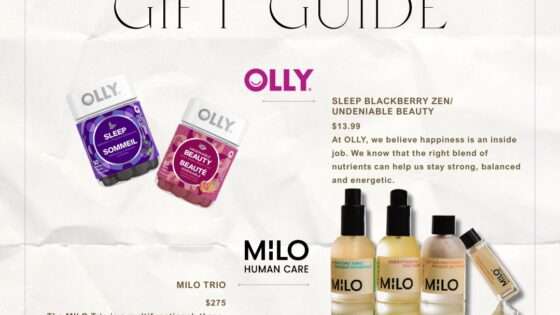

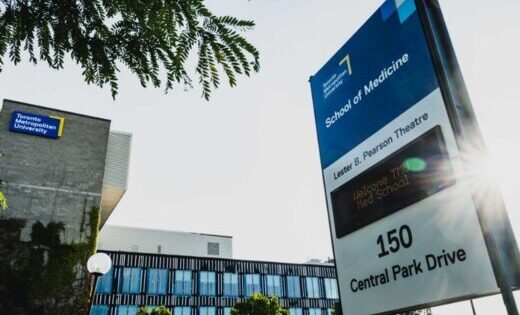

Jake
July 2, 2020 at 5:01 pm
Great article! Really appreciate the information.